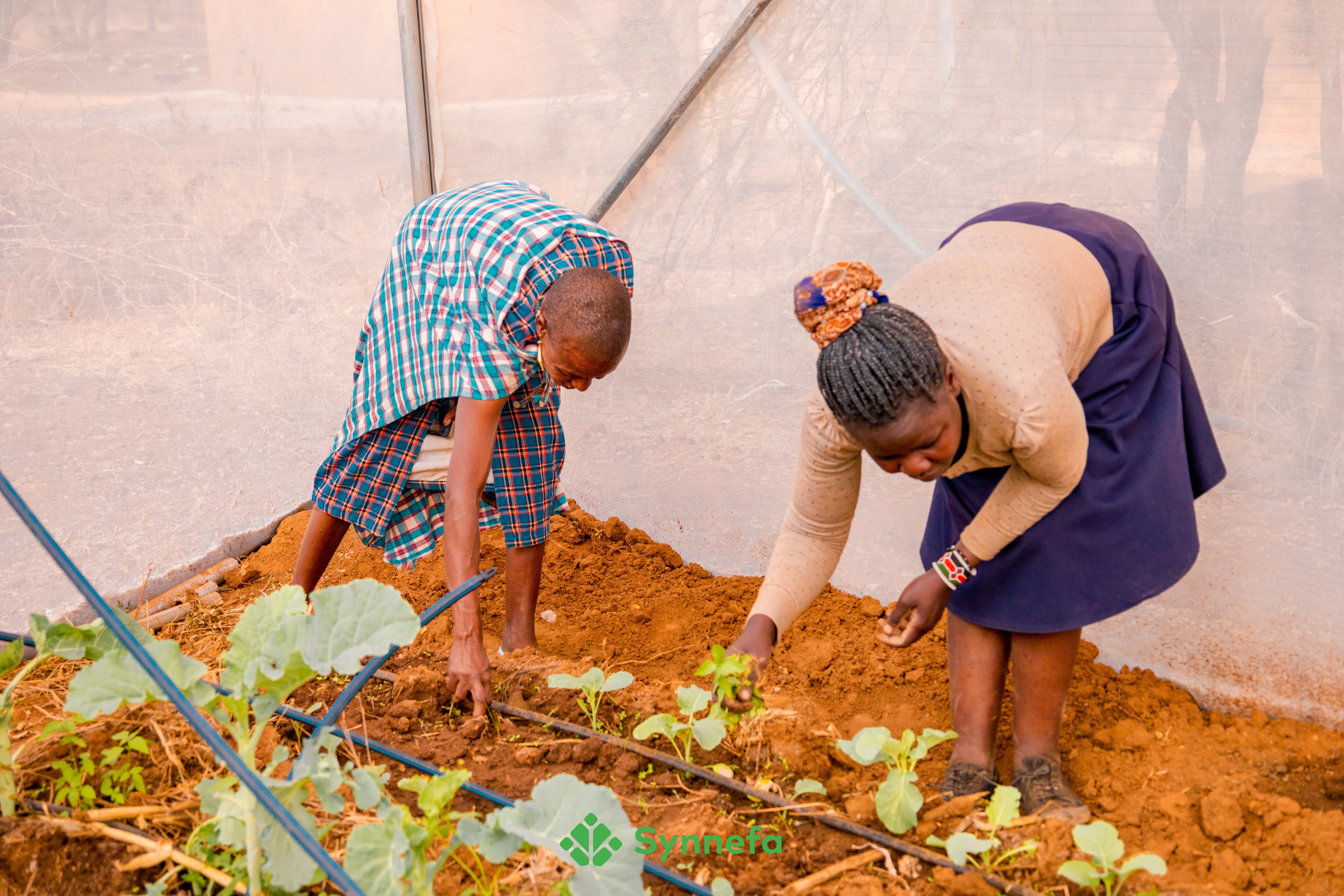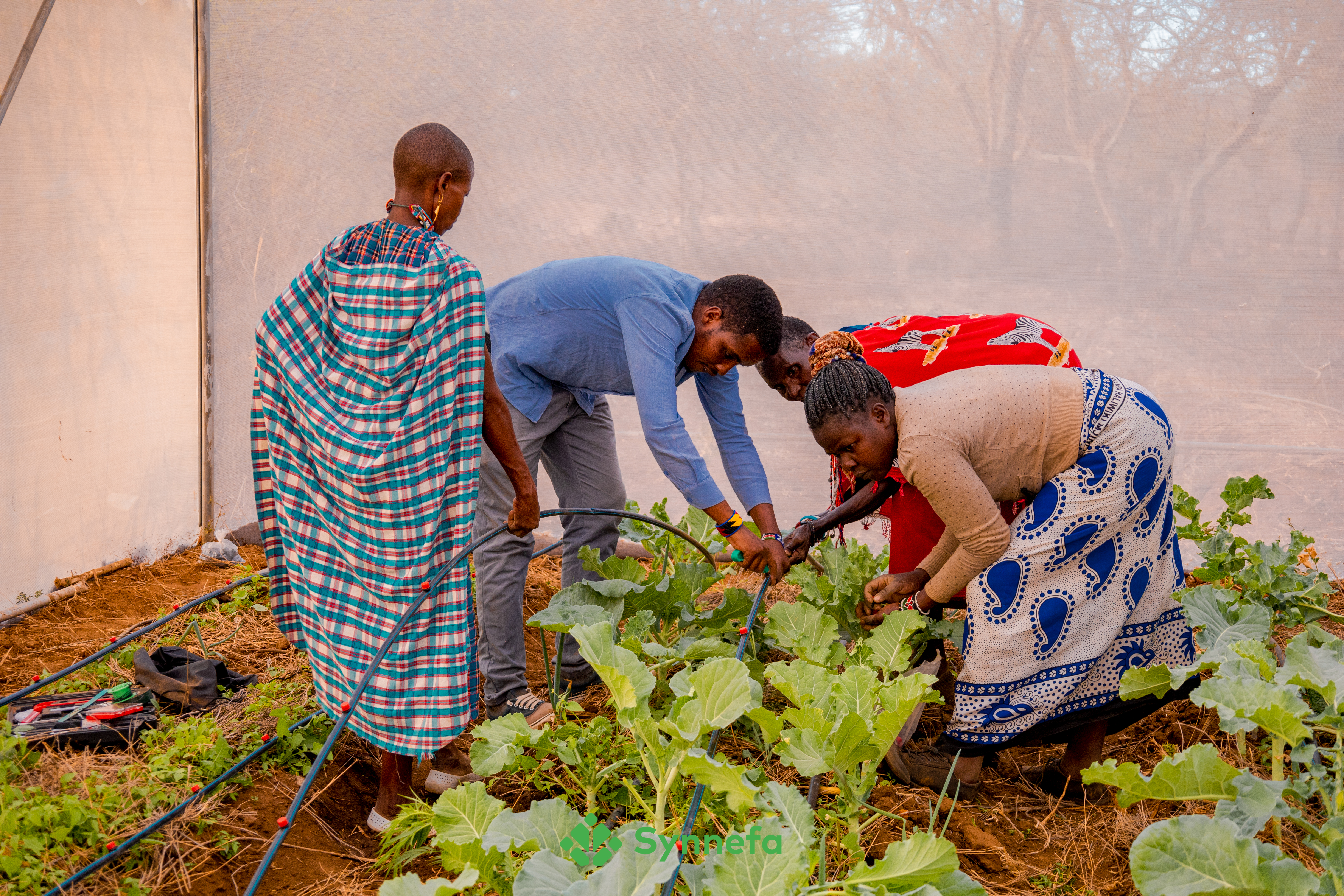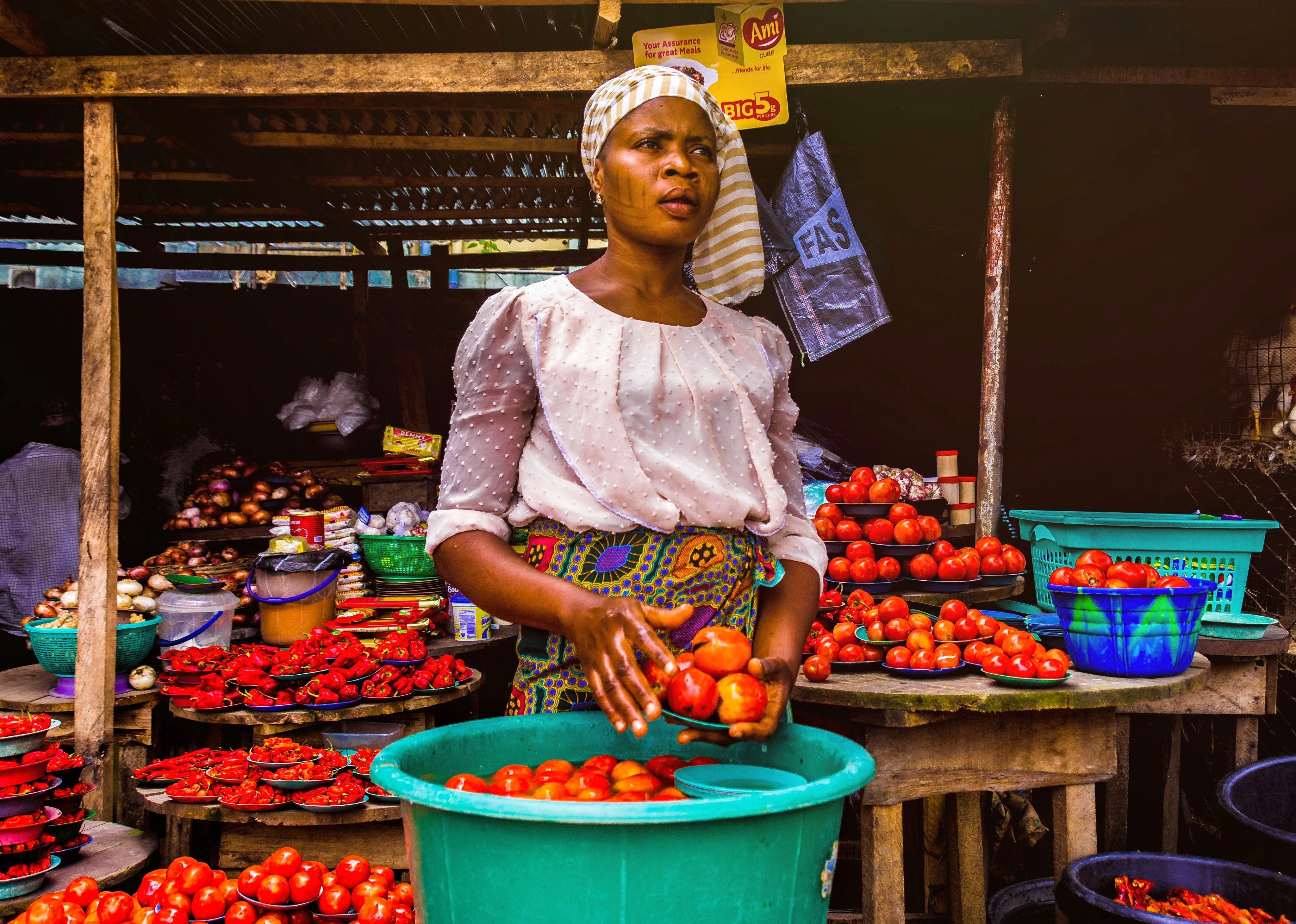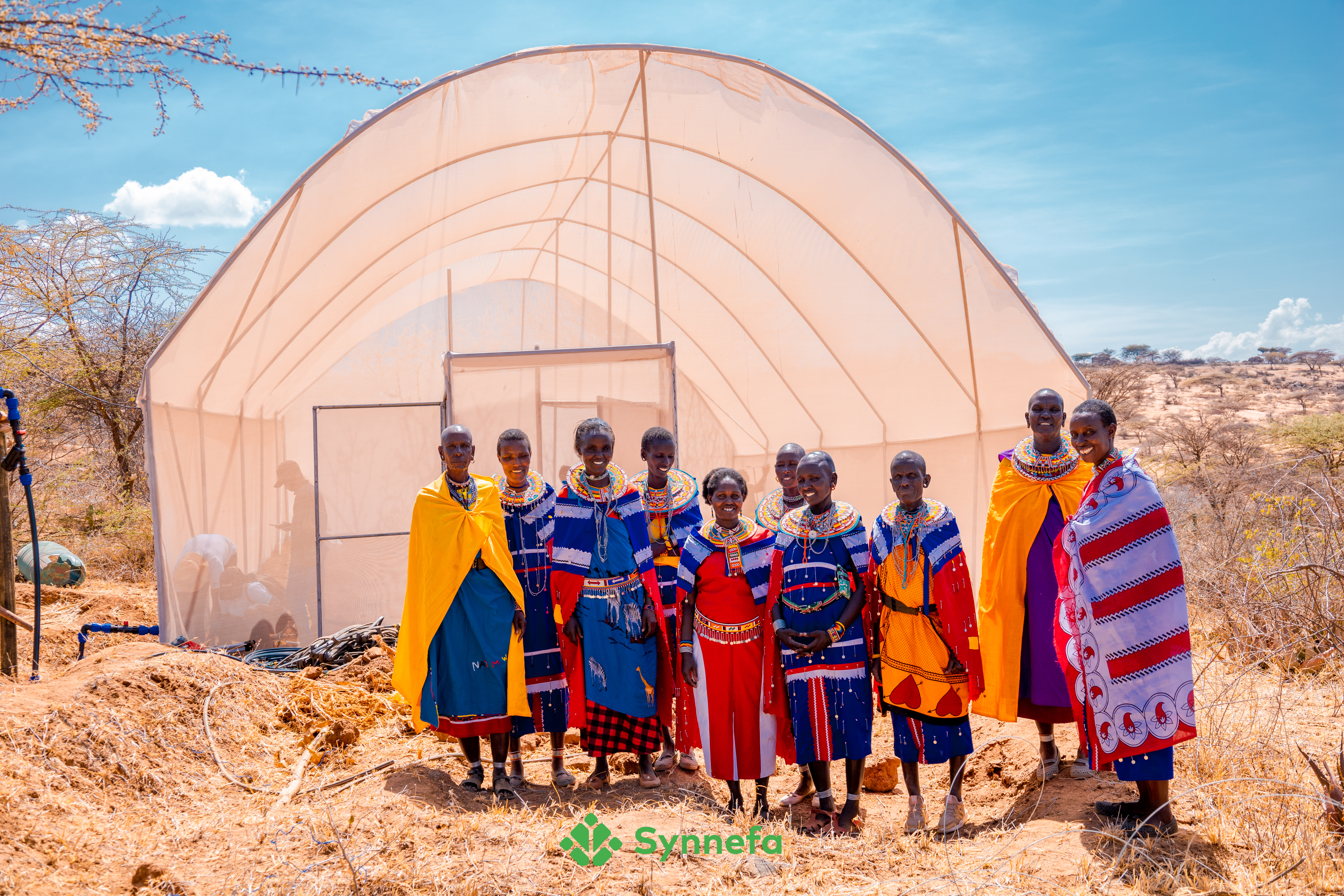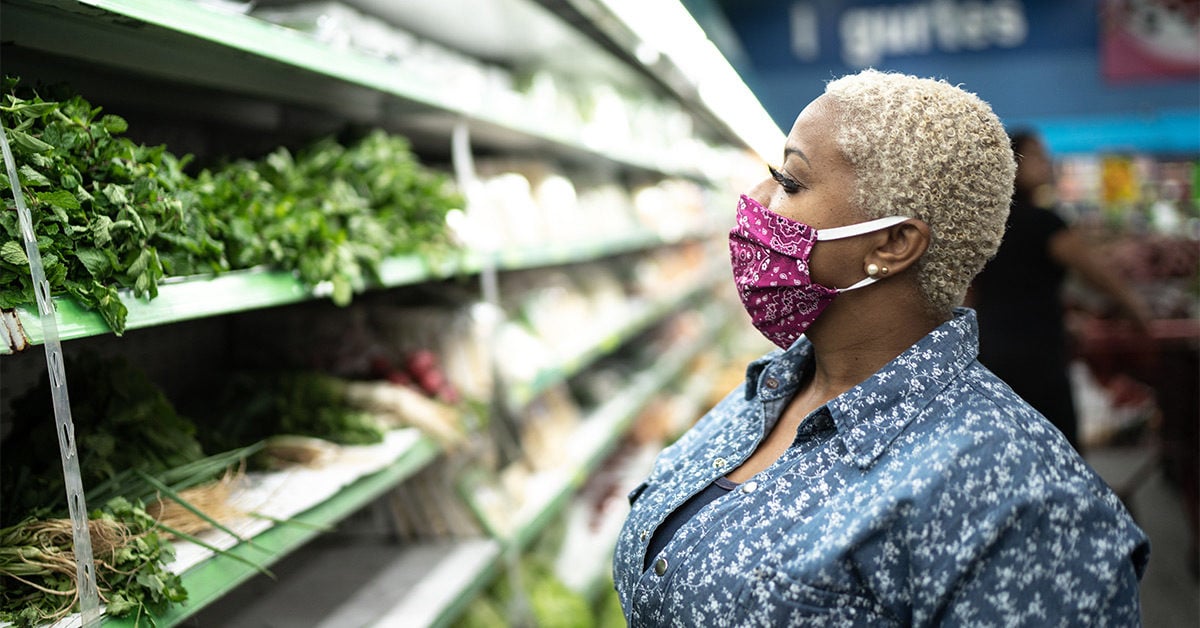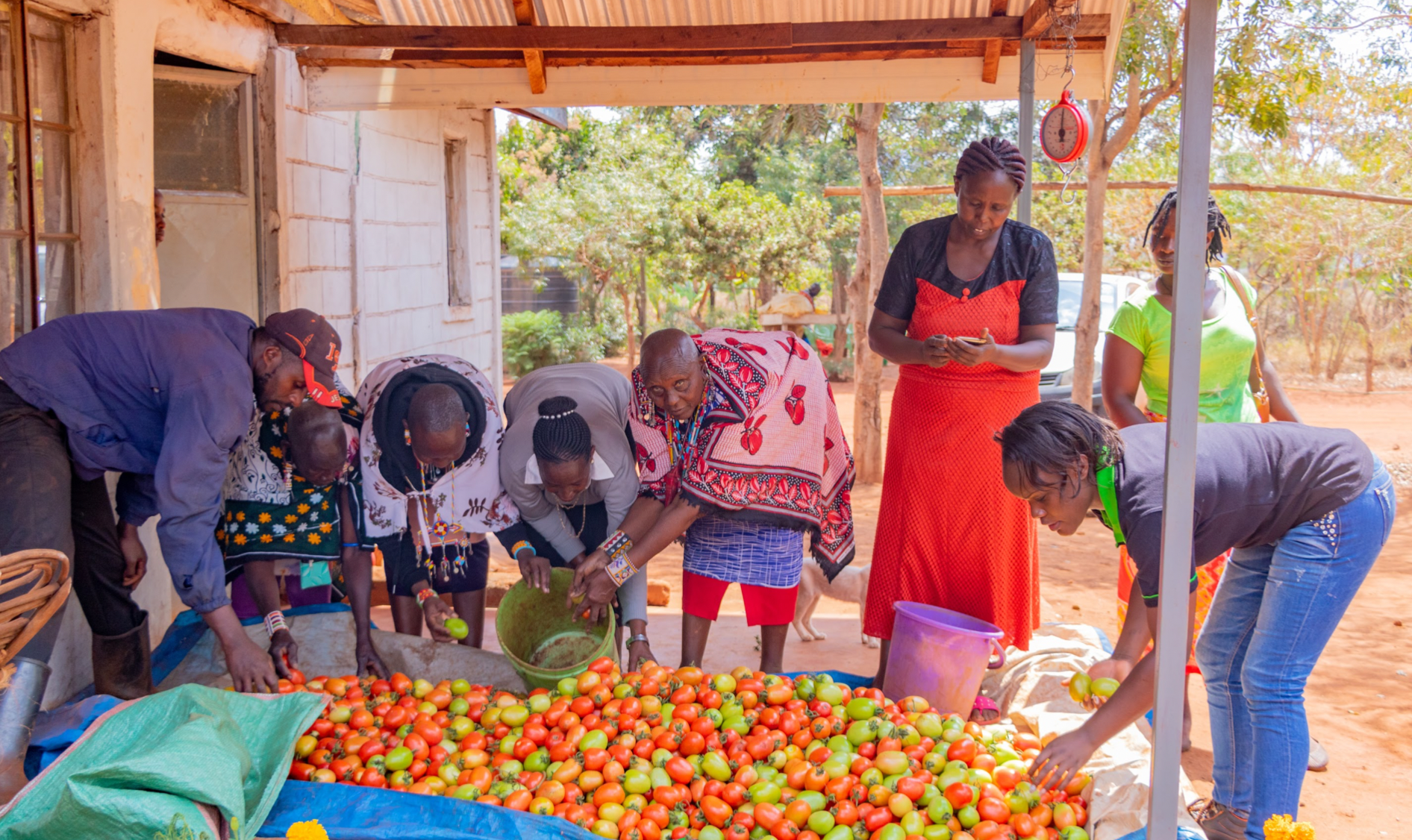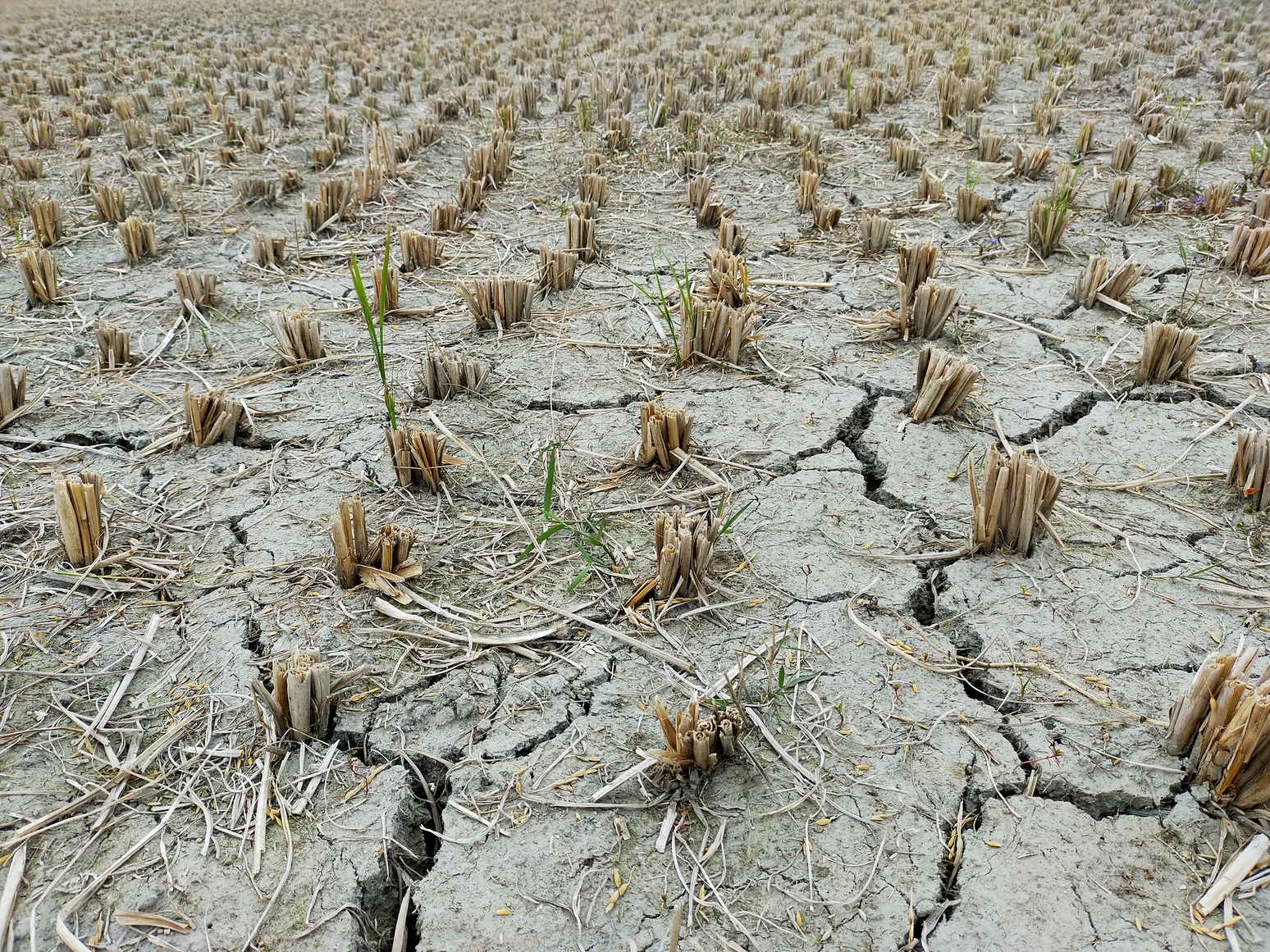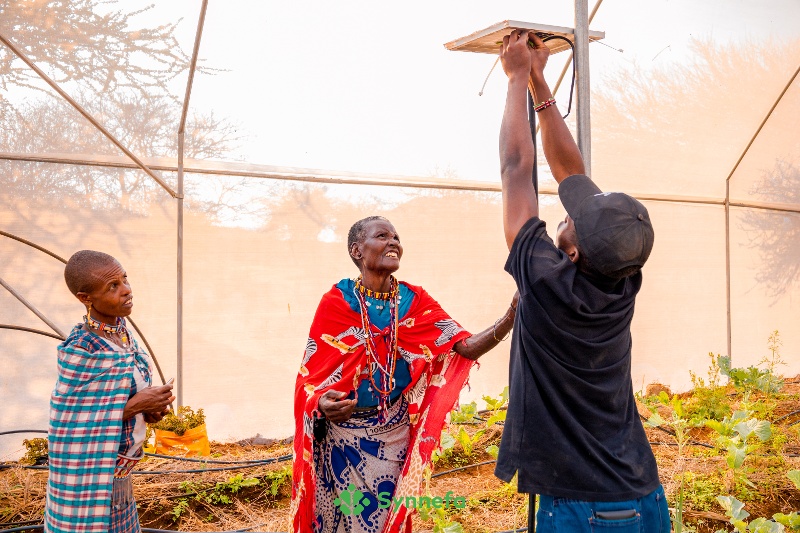Challenges Women in Agriculture Face
Women play a critical role in the future of food security. There is an increasing interest and participation of women in agricultural activities as trends toward improved efficiency and environmental sustainability continue. Women also provide the effects by working together around the table, rather than apart from each other, in their respective communities and making decisions for better opportunities for themselves, their families and others.

